As the saying goes, “you get what you pay for,” but does that apply to coffee beans? Are expensive coffee beans always better than cheaper coffee beans? And what factors affect their prices?
If you’re weighing up the pros and cons of cheap vs. expensive coffee beans, or perhaps you’re confused about the difference, we’re here to help you choose the best value beans for you.
What affects the price of coffee beans?
As with all products traded internationally on the complex global market, many variables affect the price of coffee beans. However, some of these variables have more of an impact than others.
The six key factors that affect the price of coffee beans are:
- Country and region of origin
- Harvesting and processing
- Weather and climate change
- Certifications
- Increasing demand
- Supply chain issues
Some of these factors directly affect the taste of the coffee beans as well as the price – for example, coffee beans from one region will taste very different to coffee from a completely different region – but others, such as temporary supply chain issues or one season’s weather, will affect the price of the coffee beans but not directly impact their quality.
Country and region of origin
Coffee beans are often cultivated in remote regions of countries such as Brazil, Indonesia, and Ethiopia. These regions can be difficult to reach, and their remoteness can make exporting coffee beans time-consuming and expensive.
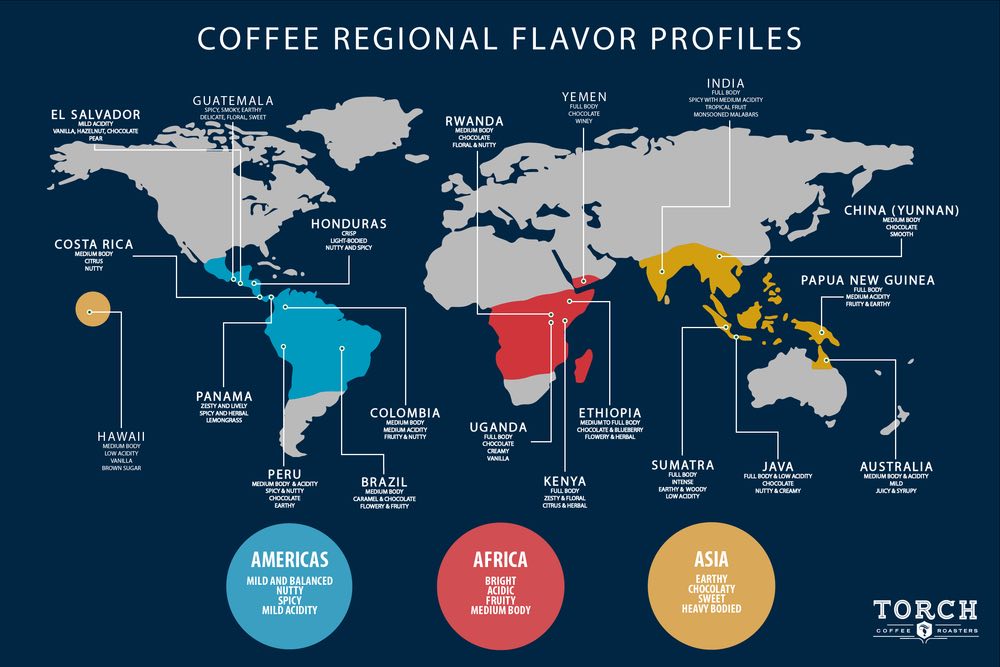
Coffee is grown in these regions because they have the ideal conditions – climate, soil, rainfall, etc. – to grow great-tasting coffee. However, these regions are often relatively small, which limits the amount of coffee that can be grown there.
Coffee beans from remote regions that are famed for producing delicious beans are usually expensive, as demand for the beans is high, but the available supply is low.
Harvesting and processing
The cost of growing, harvesting, and processing coffee beans directly affects their price.
If harvesting and processing coffee beans is a particularly time-consuming process that requires a lot of human labor – for example, manually selecting the best coffee beans to be sold in batches that meet certain quality standards – then the production cost will be higher in comparison to mass-produced coffee beans that are easier and cheaper to harvest and process.
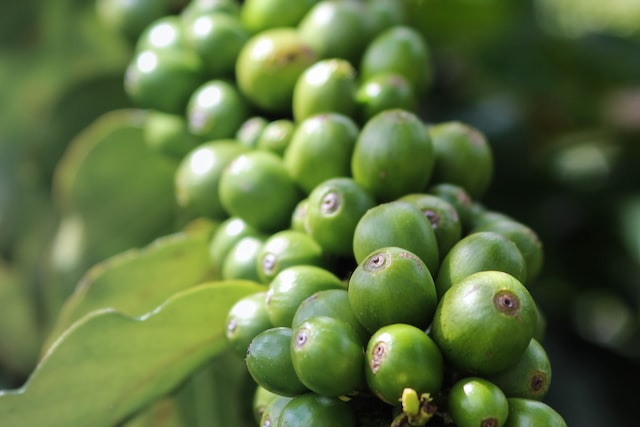
Some of the most expensive types of coffee beans even involve special processing techniques that dramatically increase costs. A prime example of this is civet coffee (also known as kopi luwak coffee).
Civet coffee beans come from coffee cherries that have been eaten and partially digested by a weasel-like creature called the palm civet. The beans are then collected from the civet’s feces. This convoluted process makes civet coffee very expensive, though, interestingly, many coffee lovers believe it’s a gimmick, and that civet coffee does not justify a high price.
Weather and climate change
Like all crops, the amount of coffee beans that farmers can grow is influenced by the weather. Sometimes a coffee farm will have a good season and lots of beans will be produced, while other seasons will yield a smaller crop.
Coffee beans are also grown in regions prone to storms and flooding. Natural disasters can wipe out an entire harvest, and these events are becoming more frequent due to climate change.
This impacts the price of the coffee beans, as the global demand for a certain type of bean will likely be just as high regardless of how many beans were harvested that season. If demand is the same but supply is reduced, the price of the beans will go up.
Certifications
Growing and harvesting coffee in a way that meets strict standards inevitably costs the coffee producers, leading to higher prices.
Examples of such certifications include Fair Trade coffee, where farmers must receive a fair price for the coffee beans they produce, and Rainforest Alliance coffee, which promotes sustainable farming.
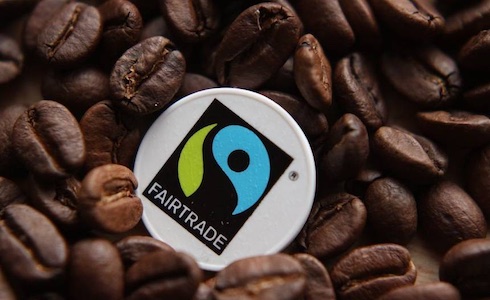
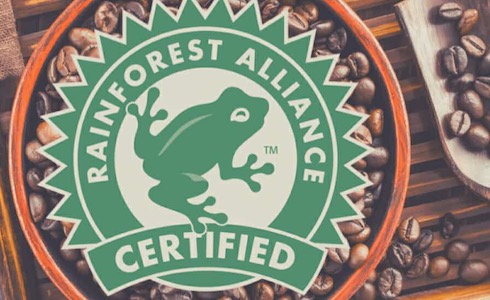
Though certifications can increase costs and therefore raise prices for the consumer, they can also boost sales. Many people prefer to buy coffee they know is Fair Trade and better for the environment than uncertified coffee beans.
Increasing demand
The world’s population is increasing, demand for coffee is higher than ever, and that growth looks set to continue.
The global coffee market is forecast to grow at a rate of more than 7% per year until 2025 when it is expected to be worth $145bn.
As coffee suppliers struggle to keep up with this demand, their prices increase. And if a particular coffee bean is in high demand, with no way to significantly increase supply, the price of that type of coffee bean will increase dramatically.
Supply chain issues
If the cost of shipping coffee beans increases – or if issues within the coffee bean supply chain result in less coffee being shipped from certain countries – then the price of those coffee beans will increase to cover shipping costs and to balance supply and demand.
There are all kinds of reasons why supply chain issues can arise, including global demand for freight, political decisions made by the governments of coffee-producing countries, international trade agreements, wars and civil unrest, or – as seen in 2020 – pandemics and travel restrictions.
The Difference Between Cheap and Expensive Coffee Beans
The difference between cheap and expensive coffee beans is that expensive coffee beans are usually in high demand due to their quality, certifications, and limited supply. In contrast, cheap coffee beans are often lower quality, use cheaper labor, and are mass-produced to meet demand.
Expensive coffee does not always taste better than cheaper coffee. Some of the factors that affect the price of coffee beans are not directly related to their flavor.
For example, Fair Trade coffee beans are often more expensive, but the increase in cost is about paying farmers a fair wage rather than a premium for a better-tasting coffee.
Can You Taste The Difference?
There is a correlation between the price of coffee beans and the quality of the coffee they produce. More expensive coffee beans usually do offer a better flavor than cheap coffee beans, though this isn’t always the case.
Some regions have become known worldwide for the delicious coffee beans that can be farmed there. But these regions are often small, with limited amounts of farming land available.
When you pay a high price to buy coffee from these regions, you should expect to taste the difference, as it is the taste of the coffee bean that has driven up demand for that region’s beans in the first place.
However, there is also an element of placebo and even snobbery when it comes to expensive coffee beans. Sometimes, people will be convinced that a type of coffee bean is more flavorful because of its reputation – or even simply because it is expensive – even if they wouldn’t identify that coffee bean as superior in a blind taste test.
Our advice is to try as many different coffees as possible and see which ones you like best. You should weigh up the price of the coffee beans versus how much you enjoy the coffee, then continue to buy whichever beans taste best and falls within your budget.
FAQ – Cheap vs Expensive Coffee Beans
The most common source of a difference in price is the country of origin.
They can make a difference both in the way they’re produced and taste. For instance, coffee beans can be Fair Trade, Rainforest Alliance marked as well as the ecological aspect of production. But make no mistake, the taste could also be better as a general rule of thumb is that more expensive coffee offer better flavor.
There is a correlation between the price of coffee beans and the quality of the coffee they produce. More expensive coffee beans usually do offer a better flavor than cheap coffee beans, though this isn’t always the case.
You should try! That’s the truth. You’ll need to try coffee beans from different countries of origin and price range. For any person that drink more than one coffee a day though, the answer will most likely be yes.

I’m Joel, an espresso-loving coffee nerd. I got into coffee because I spent a lot of time in Milan as a kid and started liking coffee waaaay too young. I’m all about making sure espresso is treated with the same care as any other coffee – it’s not just a quick drink!
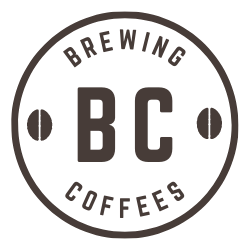
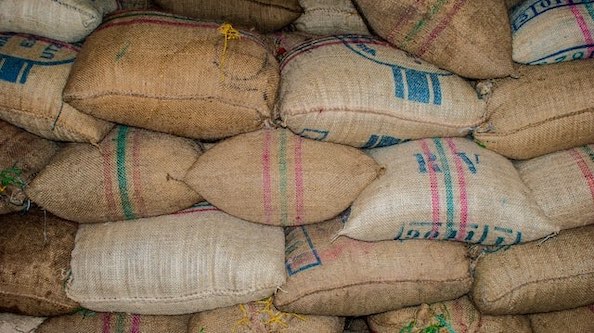
Leave a Reply